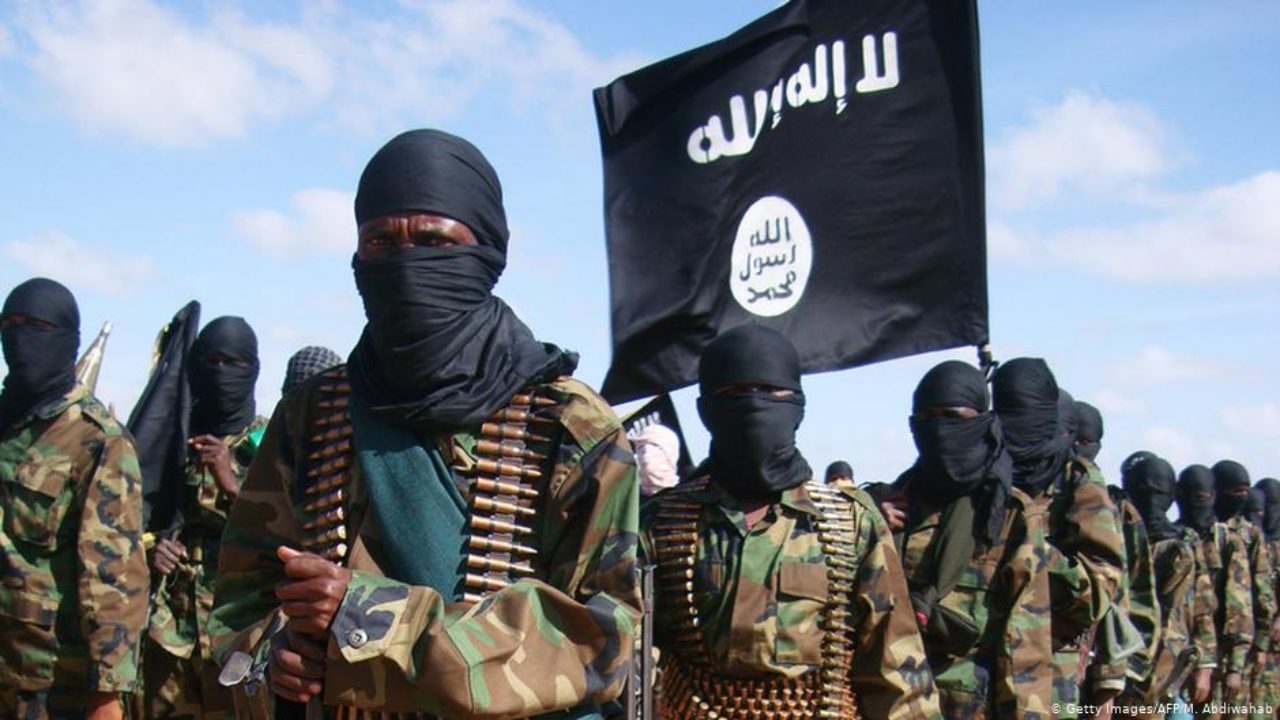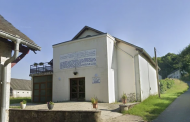Mustafa Kamel
Warnings of terrorist operations by al-Qaeda and ISIS in Africa have escalated following an attack by ISIS elements on a United Nations relief center in Nigeria.
In early March 2021, gunmen loyal to ISIS set fire to a UN relief center, completely destroying it, although no injuries were reported.
Following the attack, the Nigerian army sent reinforcements from the town of Marte, 40 kilometers away, to help break the siege of aid workers trapped inside one of the bunkers at the center.
According to Colin P. Clarke, director of policy and research at the Soufan Group, and Jacob Zenn, a researcher at the Jamestown Foundation, when weak states give way to weak territories, well-armed extremists can defeat massive security forces. Al-Qaeda and ISIS operatives exploited the porous borders throughout Africa and benefited, in an opportunistic manner, from the fraught political transitions and the lack of accountability of the security sector in countries such as Mali and Mozambique for the sake of working to further destabilize already fragile states.
With regard to the African Sahel region, the guerrilla campaign waged by ISIS in the Sahara Desert showed an increase in ambushes, mortar shells and the use of improvised explosive devices (IEDs). Despite clashes with the Jamaat Nusrat al-Islam wal Muslimeen (JNIM) group affiliated with al-Qaeda, as well as security and regional forces, ISIS managed to survive, and its elements also proved their skill in recruiting new members by means of basic propaganda and exploiting local ethnic grievances.
Increased terrorist activity
Meanwhile, the Somali terrorist movement Al-Shabaab, which is affiliated with al-Qaeda, launched attacks in rural areas and the capital, Mogadishu, with impunity, through ambushes and the elaborate use of landmines, mortars and IEDs, in addition to successive attacks in neighboring Kenya. It also began to use drones to film the attacks.
According to a report issued by the website Defense One, which specializes in military and defense affairs, ISISs’ West Africa State remained active throughout the Lake Chad Basin region, including northeastern Nigeria and increasingly in southeast Niger.
In northern Mali, JNIM is strengthening its grip on rural areas and expanding all over the border regions of the Sahel, indicating its ability to launch increasingly complex and asymmetric operations despite tremendous pressure on the group from the French military forces and rival militias, according to Defense One.
With regard to the conflict between ISIS and al-Qaeda, Clarke pointed to several factors that will give impetus to African armed groups throughout the remainder of 2021. The ongoing conflict between them will lead to competition for status, recruits and resources, leading to a process known as “outbidding”, in which terrorist organizations escalate their operations to promote themselves as dominant entities in a country or region.








































admin in: How the Muslim Brotherhood betrayed Saudi Arabia?
Great article with insight ...
https://www.viagrapascherfr.com/achat-sildenafil-pfizer-tarif/ in: Cross-region cooperation between anti-terrorism agencies needed
Hello there, just became aware of your blog through Google, and found ...